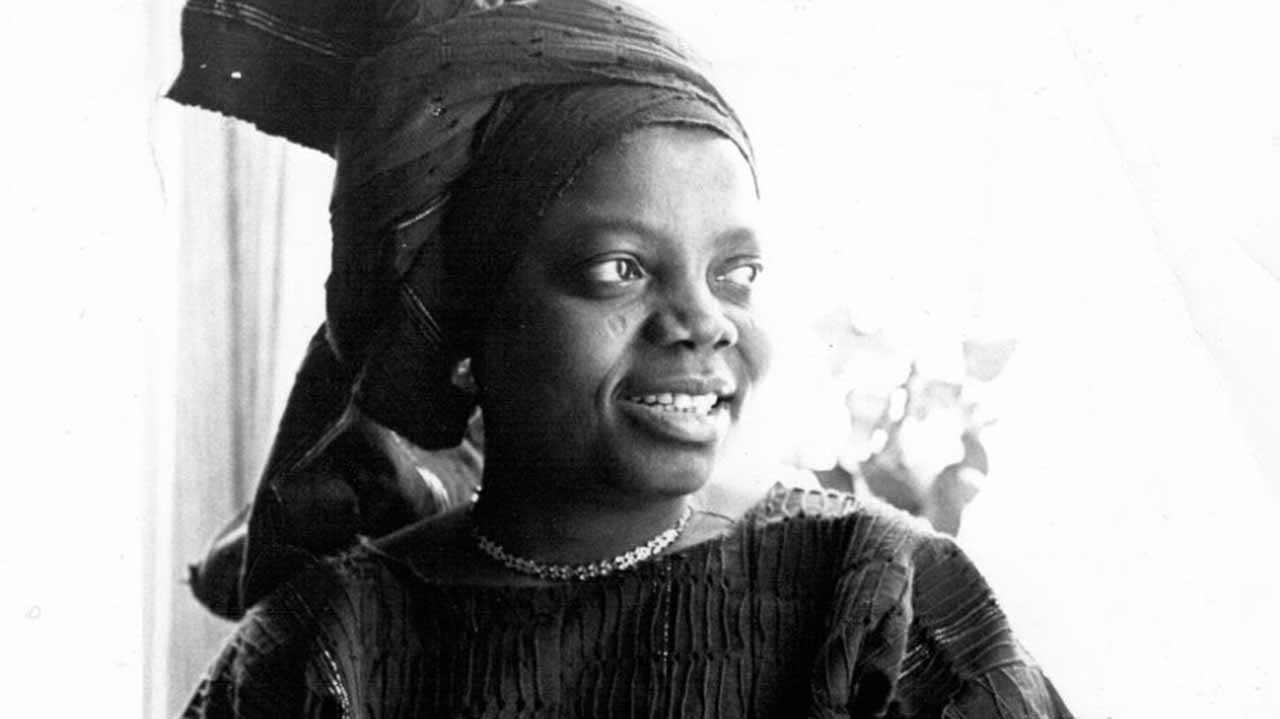Celebrating Buchi Emecheta
By Lenient Amidu
Florence Onyebuchi Emecheta was a Nigerian writer whose work centered on the themes of child slavery, motherhood, poverty, immigration, female independence and freedom through education.
Emecheta’s writing style was born out of her personal experiences. Married at 16 in 1960, She was later separated from her husband after he burned her first novel.
Emecheta went on to publish over 20 literary works that gave a voice to the otherwise hushed parts of the lives of African women trying to find their place in the world.
Her most well-known novel, The Joys of Motherhood (1979) follows the lives of many women bound by the African belief that to bear a child is evidence of your worthiness but to bear a male child ‘completes’ your status. A popular quote from the book expressed by Nnu-Ego, the main character is one that rings in the heart of every woman no matter their experiences: “God, when will you create a woman who will be fulfilled in herself, a full human being, not anybody’s appendage? She prayed desperately.”
Sadly in the end, She learns that “A mother's joy is only in the name. She worries over them, looks after them when they are small but in the actual, help on the farm. The upholding of the family name, all belong to the father.” This is ironic as Nnu-Ego never gets to experience any of the joys of motherhood throughout the book.
This is clearly expressed in another of her works, Second Class Citizen. The main character, Adah marries Francis on the basis of some circumstances only to find that life in a new country with an abusive husband, children and no support from family can be very daunting. The book has been said by many to be semi-autobiographical.
Emecheta's other works, The Bride Price, set in post-colonial Nigeria tells the tragic story of Aku-nna. The Slave Girl, Head Above Water, In The Ditch and other plays stay true to the course she had set out to tow with her writing.
Emecheta once described her stories as "stories of the world…[where]… women face the universal problems of poverty and oppression, and the longer they stay, no matter where they have come from originally, the more the problems become identical.” - (Goodreads)
Buchi Emecheta's health started to deteriorate after she had a stroke in 2010. On January 25, 2017, she passed away from dementia at her London home.





